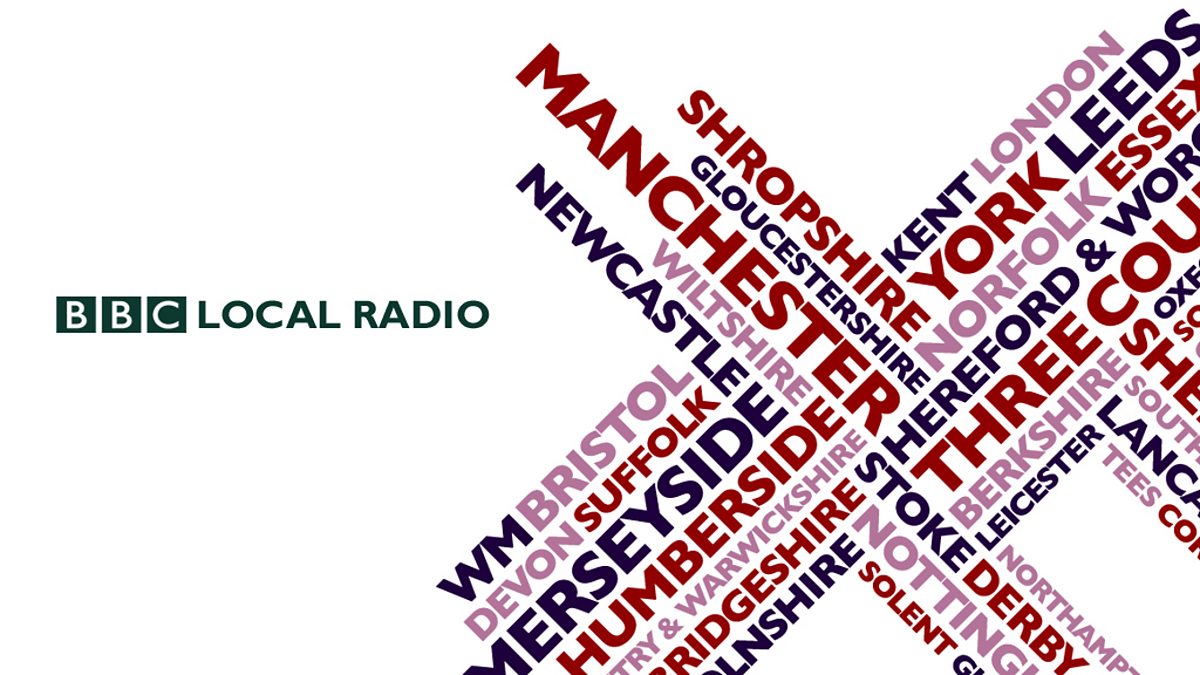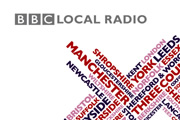BBC Local Radio
BBC Local Radio is the name for 40 regional radio programs of the British Broadcasting Corporation BBC to be broadcast for England and the Channel Islands. The target group is mostly older citizens; more than half of the listeners are over 55 years old.
Some programs are only for a larger city and the surrounding area produced ( BBC Radio London, BBC Radio Manchester ), others for an entire region, such as BBC Radio WM for the West Midlands. For the other parts of the country of the United Kingdom, there are separate programs that are broadcast nationwide ( BBC Radio Wales, BBC Radio Scotland, BBC Radio Ulster ).
Program
Are sent mainly talk programs, mainly news about the respective area, especially on the weekend sports reports, as well as popular music. The night program is taken from BBC Radio 5 Live. The word share in the program has increased steadily over the years: In the beginning it was 55 per cent, now it is three-quarters; morning and afternoon programs bring many a pure Word program.
History
The local radio stations of the BBC went in the 1960s and 1970s gradually on the air. The first Local radio was BBC Radio Leicester; It started its operation on November 8, 1967. During the same month, followed by BBC Radio Sheffield and BBC Radio Merseyside.
Currently there are the following stations ( in order of Erstausstrahlungsdatums, as far as was to determine ): BBC Radio Leicester, BBC Radio Sheffield and BBC Radio Merseyside ( November 1967 ); BBC Radio Nottingham and BBC Sussex ( January 1968 ); BBC Radio Stoke ( March 1968 ); BBC Radio Leeds (June 1968); BBC Radio Bristol and BBC Radio Manchester ( September 1970 ); BBC London, BBC WM and BBC Oxford ( October 1970 ); BBC Radio Kent, BBC Radio Solent and BBC Radio Cleveland ( December 1970 ); BBC Newcastle, BBC Radio Lancashire and BBC Radio Humberside ( January 1971 ); BBC Radio Derby ( April 1971 ); BBC Radio Cumbria ( November 1975); BBC Radio Norfolk ( September 1980); BBC Lincolnshire ( November 1980); BBC Guernsey and BBC Radio Jersey ( March 1982); BBC Radio Cambridgeshire (May 1982); BBC Radio Northampton (June 1982); BBC Radio Devon and BBC Radio Cornwall ( January 1983); BBC Radio York ( July 1983); BBC Radio Shropshire ( April 1985); BBC Radio Bedfordshire (June 1985); BBC Essex ( November 1986); as well as: BBC Tees, BBC Radio Leicester, BBC Coventry & Warwickshire, BBC Hereford & Worcester, BBC Three Counties Radio, BBC Radio Suffolk, BBC Surrey, BBC Radio Berkshire, BBC Radio Gloucestershire, BBC Wiltshire, and BBC Somerset.
The creation of these new programs was in competition with the construction of private programs. The first Independent Local Radio stations were in October 1973, the stations LBC and Capital; Clyde followed in December of the same year.
More recently, the pressure on local programs, exchange programs with each other or jointly produce increased. Already in 2010, five programs have temporarily connected together: BBC Radio Leeds, BBC Radio York and BBC Radio Sheffield and BBC Radio Kent, BBC Sussex and BBC Surrey each produce a joint afternoon program or a program in the early evening to get more funds for the to have morning program. Everything should be saved, taken together, 15 percent of the budget for all local radio stations in all, which would correspond to a volume of 15 million pounds. The savings proposals by the BBC Director-General Mark Thompson, associated with a substantial job losses, are politically very controversial. The BBC Trust has advised not final on the austerity measures.
The local programs are currently 7.22 million listeners per week part ( figures for the second quarter of 2011 ), which represents a slight increase compared to last year (6.84 million listeners ). Ten years earlier, the range was still at 8.29 million listeners per week. Most listeners have BBC Radio London, BBC Radio Merseyside, BBC Essex, BBC Radio Solent and BBC Radio Newcastle.









